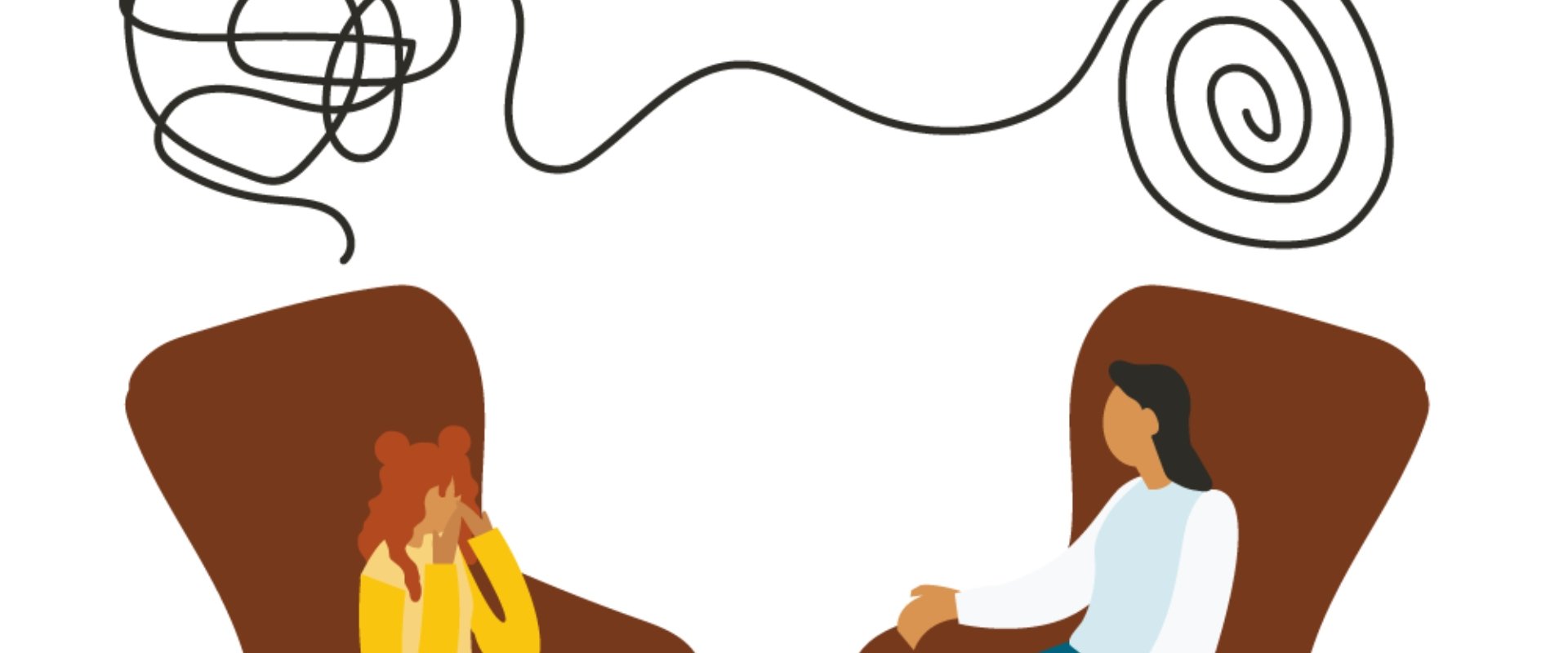At Toronto Relationship Clinic, we specialize in working with survivors of sexual violence and other complex and systemic trauma. We provide a culturally responsive, trauma-informed, and emotionally attuned online space for you to begin healing.
We honour and privilege your voice and support survivor-oriented transformative justice practices that place your needs at the centre. Whether you're coming to therapy for recent trauma or working through the long-term impacts of past sexual abuse, we are here to witness your story and support your healing.
Is Trauma Therapy Right for Me?
Maybe you are a teenager who is worried your friends won’t understand what you are going through.
Perhaps you’re a partner who experienced a consent violation in your long-term relationship.
Whatever your story is, we are here to not only listen but hold your story with care and kindness.
We draw on different modalities in our practice. These modalities include Brainspotting, Internal Family Systems Therapy, Emotion-Focused Therapy, Dialectical Behavioral Therapy, Trauma-Informed Approaches, and Accelerated Experiential Dynamic Psychotherapy.
Our therapeutic framework is informed by feminist, leftist, anti-colonial and collaborative perspectives.
We treat sexual violence through holistic, transformative and survivor-centric approaches.
The experience of having your bodily autonomy violated is so fraught, confusing and heavy. We would be honoured to have the opportunity to bear witness and show care and kindness to the most vulnerable parts of you.
How Do I Know If I’m a Survivor of Sexual Violence?
Sexual violence is the air that we breathe. Rape culture surrounds us and infiltrates so much of our lives. With almost a decade of experience in direct work with survivors of sexual assault, ranging from crisis response to legal advocacy, TRC therapists bring knowledge from working within and outside of systems. Everyone has been impacted by sexual violence in some way, including us at TRC. As survivors and therapists who believe in abolition and transformative justice, we know what it is like to experience complex feelings about people who have caused harm and systems that cause harm. We use this personal experience to inform our practice and deepen our empathy and understanding of you.
“Sexual trauma is relational in nature. The healing and recovery have to be relational too.”
You are allowed to
Wish your rapist was dead
Feel like meeting up with them again
Miss their presence in your life
Still have to see them at family gatherings
All of these stories are so hard and complicated. You are allowed to hate the person who harmed you, and also believe in abolition. You are allowed to never forgive the person who harmed you, and still oppose carceral systems. There is no right way to be a survivor, and there are no “perfect victims,” as written in Mariame Kaba’s “We Do This ‘Til We Free Us.” Whether you chose to follow a reporting process or if this is the first time you’re talking about what happened, your story is important. You don’t have to process or hold it alone.
how do i know if i’m ready?
Survivors have had their autonomy ignored and disrespected. For this reason, consent is key for us at TRC. We may offer challenges or redirection, but we respect your “no,” your “I don’t think so,” and your “I’m not sure.” We may encounter apprehension or discomfort but we will ask you, “should we push through the discomfort or respect it and back away?” Recovering from trauma can lead to feeling self-protective and fragile. Deciding to trust a therapist in this process is not something we take lightly, and we want to preserve and uphold your dignity as you do this hard work.
how do i find healing and joy after trauma?
Seeking justice from the existing structures can feel like trying to bleed a rock. Even if a criminal or civil case ends the way a survivor wants it to, they are often left feeling further traumatized by reporting, depositions, testifying, and more. We know that people rarely, if ever, find closure, safety or healing from the “criminal justice system.” We have to create our own rituals and practices to find our strength and power again. You get to decide what that looks like while being supported, empowered, challenged, and celebrated.
What Makes Our Approach Different?
Trauma-Responsive and Survivor-Led Care
You decide what safety looks like. We follow your lead.Emotionally and Neurobiologically Attuned Therapy
We work with your nervous system—not against it.Anti-Oppressive and Inclusive Practice
We honour your lived experience, identity, and boundaries.Relational and Systems-Oriented Perspective
Sexual trauma happens in relationship—we believe it can be healed in one, too.
What You Can Work on in Therapy
Whether you’re looking to gently begin your healing or dive deeper into recovery, we can support you with:
Processing traumatic memories or flashbacks
Rebuilding trust, safety, and self-worth
Navigating shame, grief, and body-based trauma
Addressing intimacy and relationship difficulties
Exploring complicated feelings about justice and accountability
Cultivating resilience and post-traumatic growth
“Resilience isn’t an inherent character trait. A lack of resilience isn’t a character flaw. Resilience is rooted in, relies on, and is refined through loving, supportive, secure-functioning relationships.”


